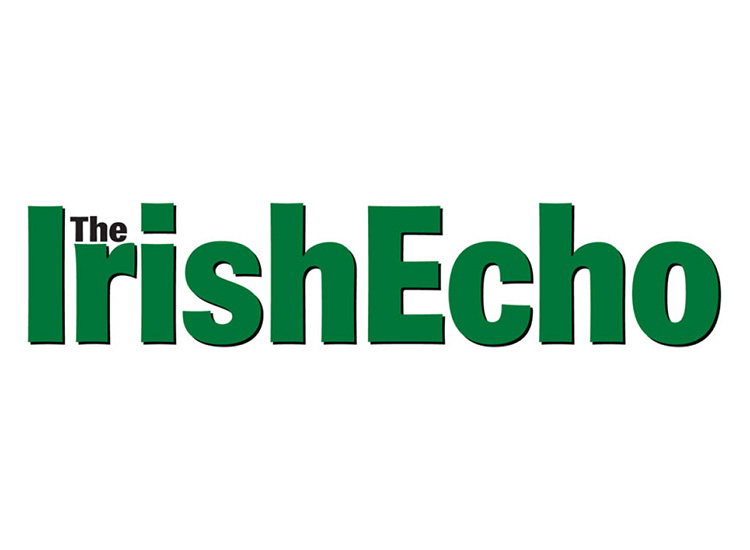I strongly hope that 2016 can be another year of progress for Northern Ireland.
The UK Government will continue to do all that it can, working with the Northern Ireland Executive and the Irish Government, to deliver a brighter, more secure future for everyone.
Certainly, this year has already begun positively. Let me put this into some context.
In December 2014, the Stormont House Agreement was reached after eleven weeks of talks between the five largest Northern Ireland parties and the UK and Irish Governments.
That Agreement dealt with the Executive’s finances, flags and parades, the legacy of the past and reform of the Assembly to strengthen devolution. It was underpinned by a financial package from the UK Government which would give the Executive £2 billion in additional spending power.
By last summer, however, it was clear that the implementation of the Agreement had stalled. There were disagreements within the Executive over the budget and the implementation of welfare reform. This had a knock on effect preventing decisions on other elements of the Agreement being made.
As we entered the autumn the situation looked increasingly perilous. We were faced with the prospect of early elections, and a real risk that the collapse of devolution and a return to direct rule from London might follow.
In addition, two murders in Belfast once again raised the specter of paramilitary activity in Northern Ireland and its malign impact on society.
In these circumstances we decided, in early September, that it was necessary to convene a fresh round of cross party talks.
The objectives were twofold: to secure the full implementation of the Stormont House Agreement; and to deal with the impact of continued paramilitary activity.
Ten weeks later, on 17 November, the UK Government, the Northern Ireland Executive and the Irish Government reached the Fresh Start Agreement. It is our view that the agreement goes a long way to fulfilling the objectives we set ourselves.
On the Stormont House Agreement the agreed package will help give the Executive a stable and sustainable budget. For our part, the UK Government will provide further financial support of around £500 million. This will assist the Executive in tackling issues unique to Northern Ireland including support for their program to remove peace walls.
The measures in the Stormont House Agreement designed to address the issues of flags and parades will now go ahead. In addition there is agreement on institutional changes to make devolution work better including on the size of the Assembly, the number of departments, use of the petition of concern and provision for an official opposition.
On paramilitary activity, the Agreement strongly reaffirms support for the rule of law and places fresh obligations on Northern Ireland’s elected representatives to work together on their shared objective of ridding society of all forms of paramilitary activity and groups.
It also commits to a concerted and enhanced effort to combat organized and cross border crime, which the UK Government will help to fund. On 21 December, at a meeting in Dublin, the UK and Irish governments, along with the Executive, established a Joint Agency Task Force to tackle cross jurisdictional organized crime.
As a result of both the Stormont House and Fresh Start Agreements, devolved power sharing government in Northern Ireland is now on a more stable and sustainable footing than has been the case for some time.
This should help the Executive concentrate on providing effective public services in areas like health, schools and transport. In addition I hope it can pave the way for the devolution of corporation tax powers that the Executive estimates could create over 40,000 new jobs.
Economically, things are looking up, with the UK Government’s long-term plan helping to deliver recovery and growth.
There are now over 41,000 more people in work in Northern Ireland than in 2010, with those claiming unemployment benefits down by 26,600 since early 2013, a fall of 40 percent.
Wages rose by over five percent in the past year. Our reforms to welfare will encourage work, while protecting the vulnerable and making the system more affordable for taxpayers.
There are of course still big challenges ahead. For all the progress made in the recent talks legacy issues remain unresolved.
The Government remains fully committed to establishing the new bodies to deal with the past set out in the Stormont House Agreement.
I am currently engaged in discussions with the political parties and victims’ groups to overcome the remaining obstacles and to build the necessary consensus to introduce legislation at Westminster.
We also face the continuing severe threat from terrorism, both nationally and locally.
While the number of attacks by dissidents is down from 2010, the need for vigilance remains.
We are giving our fullest possible backing to the brave men and women of the Police Service of Northern Ireland who, working with partners such as the Garda Siochana, do such a superb job keeping people safe.
The Fresh Start Agreement included £160 million of additional security funding to tackle the terrorist threat.
Looking ahead to the rest of this year there are important centenaries of events of 1916 coming up, including the terrible sacrifice at the Battle of the Somme and, of course, the Rising in Dublin.
The Northern Ireland and Ireland teams will be competing at the European football championships in France.
And the UK Government will continue working hard to build a peaceful, stable and prosperous and genuinely shared Northern Ireland for everyone.
I welcome continued U.S. support towards those goals.
Theresa Villiers MP is the British Government’s Secretary of State for Northern Ireland








